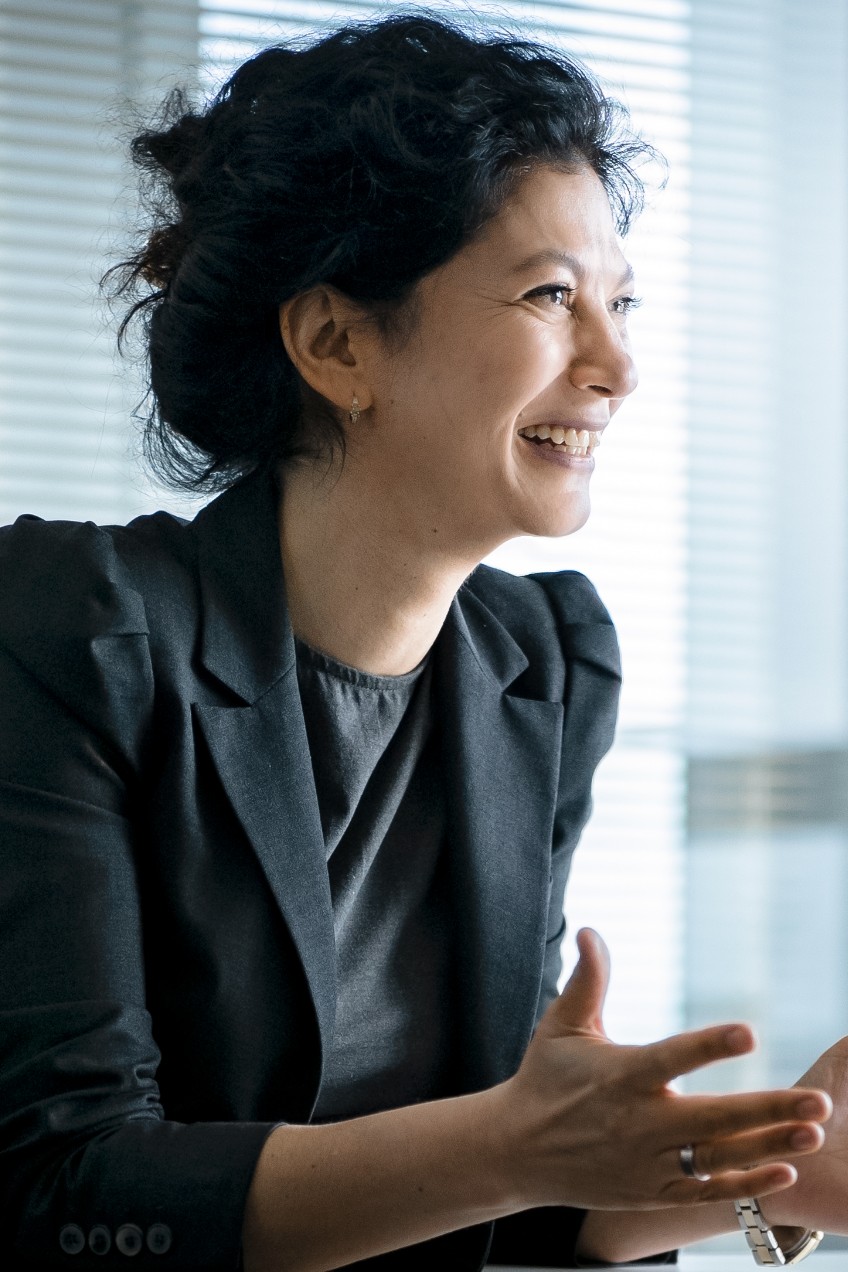

Excellence
without compromise
High-quality medical care for all patients is at the heart of Asklepios’s work. Putting this aspiration into practice on a daily basis is the task of Dr med. Sara Sheikhzadeh, who joined the Management Board of Asklepios as Chief Medical Officer in July 2022. In this interview, the internal medicine and cardiology specialist explains how she will ensure continued excellence in the future and how patients will benefit.




Asklepios is committed to the highest standards when it comes to treatment quality – what exactly does this mean for hospital patients on a day-to-day basis?
Rethinking.Medicine.
We provide our patients with excellent, high-quality medical care – across all of the Asklepios Group’s healthcare facilities. But for us medical excellence is not just about medical equipment, but also about focusing on and constantly enhancing the care we give our patients.
That is why since being appointed to the Management Board, I have established the slogans “Rethinking.Medicine”, “Rethinking.Quality” and “Rethinking.Employees”, which effectively sum up what we aspire to do.
Creating.Medicine.Anew.
What this means in practice is that to ensure the best possible care at all our hospitals, we need not only consistent quality management but also a desire to innovate on all levels. This includes responsible employee management and targeted investment policies as well as a comprehensive digitalisation strategy. All of these aspects influence the quality of care and ultimately also the treatment that our patients receive.
By making this aspiration a reality at our hospitals on a daily basis, we systematically align treatment with our patients’ individual needs. This results in better treatment outcomes, fewer complications and faster recovery times.

How do you ensure that this aspiration is actually put into practice at your hospitals every day?
Systematically implementing progress
Our high medical standards are ensured on the basis of various pillars. For example, continuous investments from our own funds make Asklepios is considerably faster and more agile than it would be with investments from public funds granted by way of lengthy, bureaucratic procedures. This means that we can bring progress in medical technology to our hospitals fast and in a targeted way.
Excellence through specialisation
At the same time, we have more than 40 centres of excellence throughout Germany. These not only have very good treatment outcomes and a large number of patients with specific illnesses, but also infrastructure that is ideally suited to certain types of symptoms, allowing for the best possible treatment outcomes.
By developing Group-wide quality standards, a consistently high standard of treatment quality for patients is achieved at the individual Asklepios facilities. We are currently revising these standards with experts from the respective specialist companies and centres of excellence. In addition to standards, we are also defining quality targets, best practice models and mandatory courses of treatment for the entire Group.
40centres of excellence allow for the best possible treatment outcomes.
Making quality measurable
In parallel with this quality assurance and enhancement rollout, the measurability of treatment quality is also a growing part of our work. This means finding ways to gather relevant treatment data and make it measurable – here, too, digitalisation plays a significant role. Although this process will last for the next few years, it is important to have initiated it now already and set milestones and targets.

If you had to make a diagnosis of the German healthcare system today, what would it be?
Difficult economic situation for medicine
Unfortunately, my view of the current healthcare system is subdued. The difficult economic situation for medicine in Germany and the lack of structural reform are having a direct impact on the entire healthcare sector and medical care. This can be seen in investment financing, for example, which the German states have been providing only patchily – with devastating consequences for hospitals’ capacity to innovate.
In addition, the shortage of qualified staff is a cause of great concern to me. Politicians are trying to solve this with increased regulation and new laws. But bureaucracy is the wrong approach, as it does not bring any additional nurses or other specialist staff onto the labour market and into hospitals. There needs to be a clear focus on attracting and retaining specialist staff, rather than on even tighter regulation of personnel management.
»Instead of bureaucracy, we need streamlined digital processes so that our employees can focus on treating our patients.«
But ultimately I am still confident that we can remedy the weak spots in our healthcare system with the right methods. This is a challenging operation, but – to stick with the metaphor – we know what the treatment methods are. We just need to apply them!